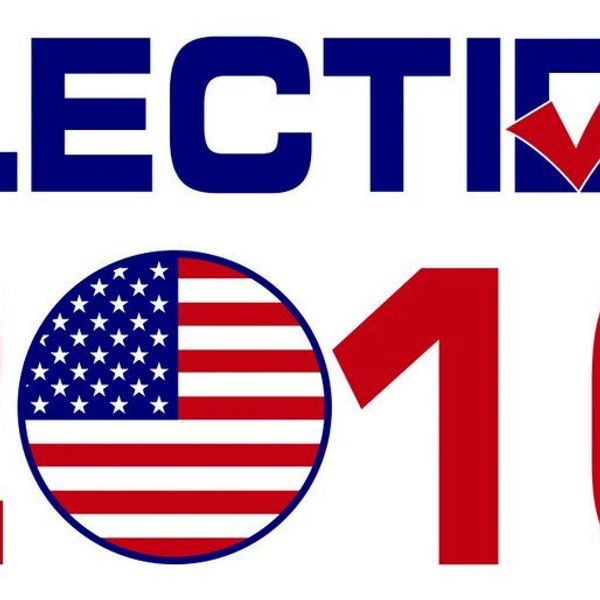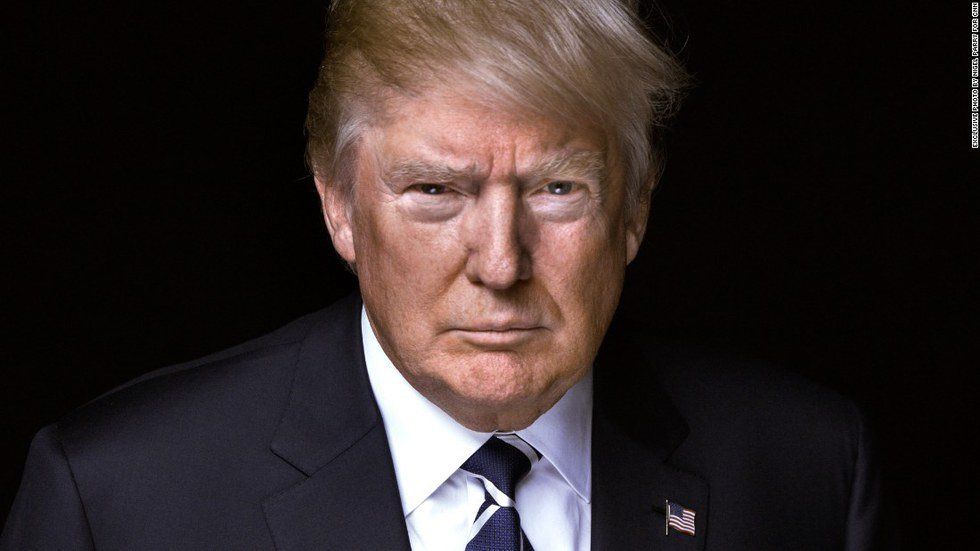Donald Trump is currently running wild throughout the American federal government. He has signed a tremendous amount of new policy procedures within his first 20 days in office. Everyone is absolutely shocked at the idea that Trump might actually be treating this like an actual job. It is fair to say that most of his early actions are contentious to say the least. However, not many people know what to make of his policies focusing on economic growth. It seems to be a strange collection of decisions that indicate Trump subscribes to an ideology from a bygone era. This era is the late 19th century. It is a method that, in theory, would be beneficial. That particular period in time was one of the most economically prosperous, but it had an unfortunate effect on the lower half of the working population. Naturally, it would require far more ambitious legislation to return to that brand of government, but President Trump appears to be moving in that direction.
The first major economic decision made by Trump was to withdraw from the Trans-Pacific Partnership, which is a trade agreement by numerous countries that share trade routes in the Pacific. The deal itself is complex, and contains both tariff and free trade stipulations. However, the Cato Institute conducted on analysis on the deal, and decided the agreement had a mostly liberalizing effect on trade. This highlights an important aspect of modern economics. Free trade has almost become commonplace around the world. This is one concept that seems to reach across party lines. Allowing markets to intersect across national boundaries has a positive impact on competitiveness and growth, since companies now have unrestricted access to larger and more diverse markets. It also brings countries into a more symbiotic relationship in relation to mutual economic growth. So the general effect of the deal, though it can be damaging to domestic laborers that are priced higher, is beneficial.
Trump withdrew from that deal, which could be indicative of his attitude toward free trade in general. Many people might remember when Trump’s idea of a 20 percent tariff on Mexican imports was shot down by just about everyone around him. Historically, the last time a tariff even got close to that number was around 1930 with the Smoot-Hawley Act that many economists point to as the real cause of the Great Depression. However, in the late 1800’s, these tariffs were commonplace, and even rose above 40 percent for several years. This had the unfortunate effect of eliminating manufacturing competition from the United States market, which led to the adversarial relationship, normally reserved for competing companies, being switched to the company and the employee. The United States of that time still had enough manufacturing power to weather that policy, but the United States today is far different. The economy today is heavily reliant on the manufacturing power of countries with lower production costs, so restricting that relationship could prove disastrous. Time will reveal Trump’s real goal, but it does not seem conducive to the liberalization of trade.
The second important Trump economic policy is the new embrace of the Keystone and Dakota Access pipelines. One of the most overlooked aspects of the economy under President Obama is the gigantic increase in crude oil production. It jumped nearly 67 percent from the beginning of his presidency to 2015. That was mostly thanks to the popularization of the fracking technique to get natural gas out of shale. The effect of this jump in production cannot be overlooked. It was just about the only industry that was getting back onto its feet following the recession of 2008. While subsidized solar energy companies died a painful death, the oil industry boomed. However, the previous president did not see it that way. He was very opposed to the growth of fracking. He bragged about America moving toward energy independence, yet attempted to regulate the process that was driving that boom. Now, crude oil production has dropped since 2015, but it doesn’t seem to be going inevitably down. The possibilities for this industry under a less hostile administration are fascinating. This will probably be very beneficial to the economy of the United States.
Another very important order that came to pass was the “one in, two out” rule. This was a signal to regulatory agencies that, for every new regulation they wanted to establish, they would need to sacrifice two existing regulations. This is a major step in the right direction. For the last 16 years, the government has been further driving into the private sector. George Bush added nearly 100,000 economic regulatory workers. Barack Obama took massive steps into the financial and health sectors. For 16 years the private American citizen has been faced with an ever-growing government, which has led to two of the most underwhelming periods of economic growth. Trump’s executive order represents a move away from that philosophy. People need to understand that government regulations are not always there as a sensible protection. The EPA still cannot answer the PM2.5 issue and its smoking paradox, or release themselves from the stigma surrounding their “secret data”. The FDA just deemed vaporizers a tobacco product, when the product does not contain tobacco. The FCC recently declared Internet service providers are “common carriers”, which allows the government to regulate them in the same vein as railroads. Many of the regulations imposed by the federal government are harmful to economic growth. This was on display in a televised debate between Ted Cruz and Bernie Sanders. An entrepreneur was unable to grow her salon business past 50 employees due to the government’s dictation that she had to provide health insurance past that point. Undoubtedly there are people who would still accept the job from her without that benefit, but the government simply says no. Since her business is unable to weather the cost, she cannot grow. I would estimate that this executive order will be of great importance to the economic climate of Trump’s presidency.
The final big move of Trump’s new economic plan is the executive order to review the Dodd-Frank financial regulatory law. This is very big, and may correct a misconception about the crash in 2008. The financial system was first deregulated during Clinton’s presidency, and many people blame that action for the crash. However, when analyzing the actions of the Federal Reserve during that period, the truth becomes clear. The Federal Reserve kept the target federal funds rate extremely low for much of the 2000’s. This incentivizes bank to loan out to the private sector more. Consequently, they will make loans that they might not have under normal circumstances. When the Federal Reserve raised the target rate in the mid-2000’s, it tightened the money supply. The banks had to obtain more liquidity to meet the reserve requirements, so they turned to the adjustable rate mortgages. People ended up defaulting on those debts, and the economy crashed. This is an example of what happens when regulation mishandles the economy. The low rates created a loan bubble. The problem is quite the opposite of deregulation. I would suspect that this return to form for the financial sector will improve the economy, if the Federal Reserve is able to responsibly handle the money supply.
In summation, Trump’s policies thus far seem to indicate a great move toward liberalization, with the exception of trade. That particular aspect is troublesome, and it could hurt the chances of economic growth. Many people, including myself, would not like to see a return to protectionist politics. Protectionism can lead down a dangerous path to monopolies. In an economically globalized world, one cannot forget the importance of foreign markets. So far, the net effect is moving in the right direction. Only time will tell, but the new president’s actions to this point inspire cautious optimism.




















